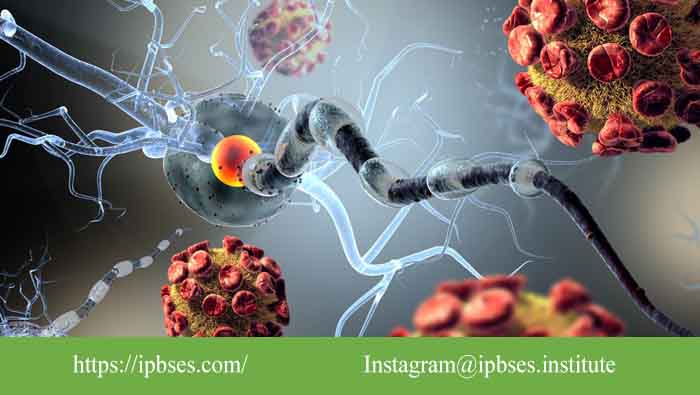پژوهشگران دانشگاه وست ویرجینیا و دانشگاه میسوری ایالات متحده امریکا به بررسی مروری وضعیت بیماری تصلب چندگانه در کووید-۱۹ و استراتژی های درمانی مربوط به بیماران MS پرداختند.
اهمّ یافتههای پژوهش:
الف)
- شدت بیماری کرونا در بیماران مبتلا به تصلب چندگانه در کووید-۱۹ بیش از افراد غیر بیمار است.
- احتمال ابتلای بیماران MS به کووید-۱۹ بسیار بالاتر از جمعیت غیر بیمار است.
- هنوز مشخص نیست که درمان بیماری اسکلروز مالتیپل (DMT) تاثیری بر ابتلاء و یا سیر بیماری کووید-۱۹ در بیماران MS داشته باشد.
- طبق بررسی های صورت گرفته، تاکنون آمار میزان ابتلای بیماران MS به کووید-۱۹ بیش از جمعیت عادی نبوده است.
ب)
- پژوهش های مقدماتی نشانگر تاثیر ریتوکسیماب و اوکرلیزوماب بر تقویت سیستم آنتی بادی در بدن بیماران MS است.
- در عین حال باید در نظر داشت بسیاری از داروهای مالتیپل اسکلروسیز سرکوب کننده سیستم ایمنی هستند و در نتیجه، احتمال ایجاد اثر معکوس و تشدید کووید-۱۹ را بالا می برند.
- نکته بسیار مهم، قطع درمان MS حداقل به مدت ۴ هفته برای بیمارانی است که علایم بیماری بالاتر از سطح متوسط دارند.
- تا لحظه چاپ این مقاله از تاثیر استروئیدها بر وضعیت بیماران MS مبتلا به کووید-۱۹ اطلاعی در دست نیست.
A case series and literature review of multiple sclerosis and COVID-19: Clinical characteristics, outcomes and a brief review of immunotherapies
Abstract
Background:
In view of the emerging coronavirus pandemic, the demand for knowledge about the impact of SARS-CoV-2 on people with Multiple Sclerosis (MS) continues to grow.
Patients receiving disease modifying therapy (DMT) for MS have a higher background risk of infection-related health care utilization when compared to the general population.
Therefore, there is a need of evidence-based recommendations to reduce the risk of infection and also managing MS patients with SARS-CoV-2.
Case Description:
We present three patients with history of Multiple Sclerosis (MS) on DMTs presenting with worsening MS symptoms likely pseudo exacerbation who were diagnosed with COVID-19.
Discussion:
An extensive review of 7 articles was performed, in addition to a brief review on DMTs use in MS patients with COVID-19. In our cases, all patients were on DMT and severe course of disease was noted in 2 cases. No fatality was observed.
Conclusions:
This review provides a base on the clinical characteristics, outcomes and the roles of DMTs in MS patients suffering from n-cov-2.
Physicians need to be vigilant about considering COVID-19 infection related relapse in the MS patients, especially in this COVID-19 pandemic era and look for pseudo-exacerbation.
As most cases are found to have mild course and full recovery on DMTs, further research is needed to formulate evidence-based guidelines. This review will particularly be helpful for the researchers and registries to collect future data on MS and COVID-19.
Keywords
COVID-19, Multiple sclerosis, SARS-CoV-2, Immunotherapies, Ocrelizumab, Novel coronavirus.
لینک منبع پیشنهادی برای مطالعه بیشتر  (further reading)
(further reading)



